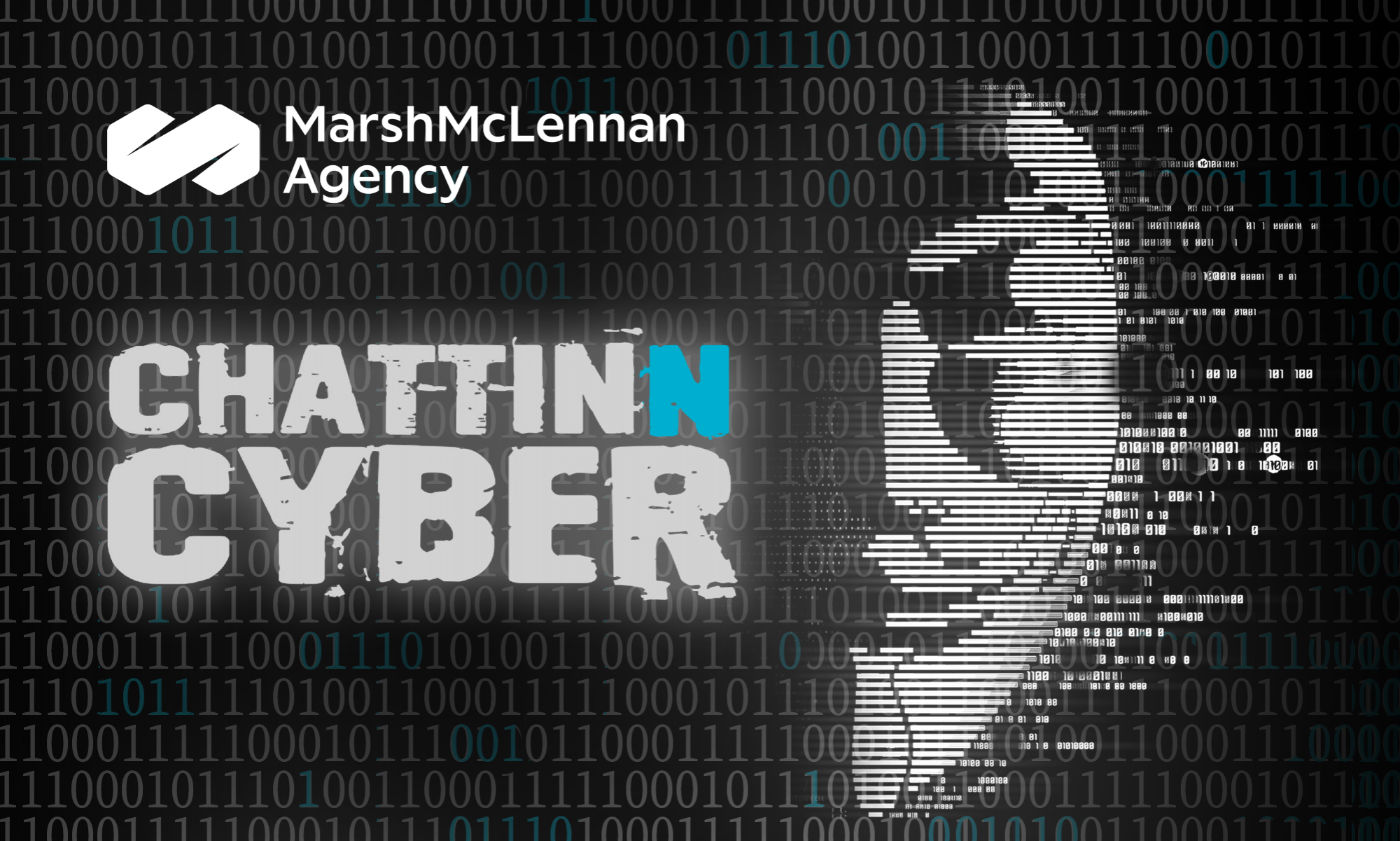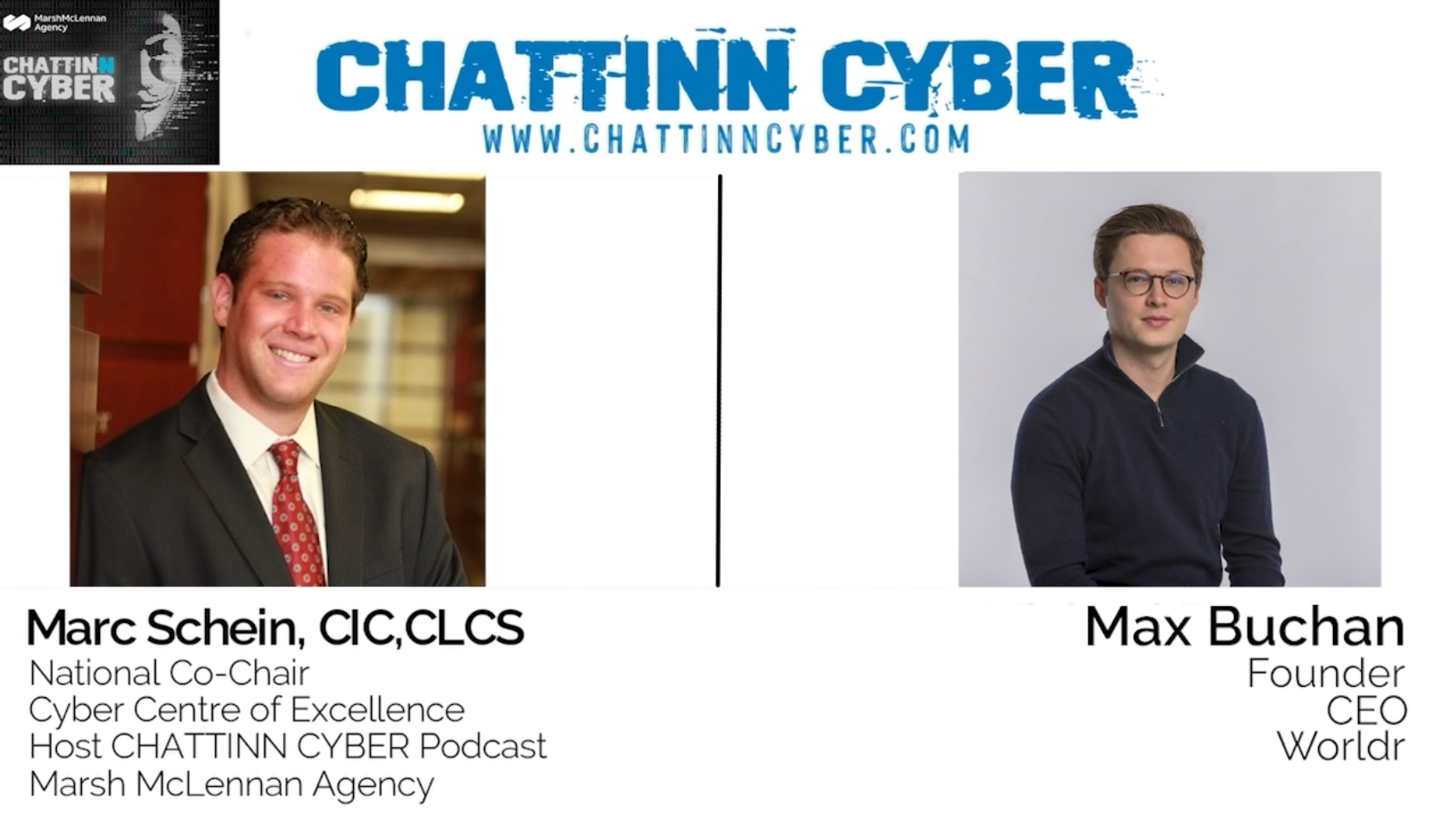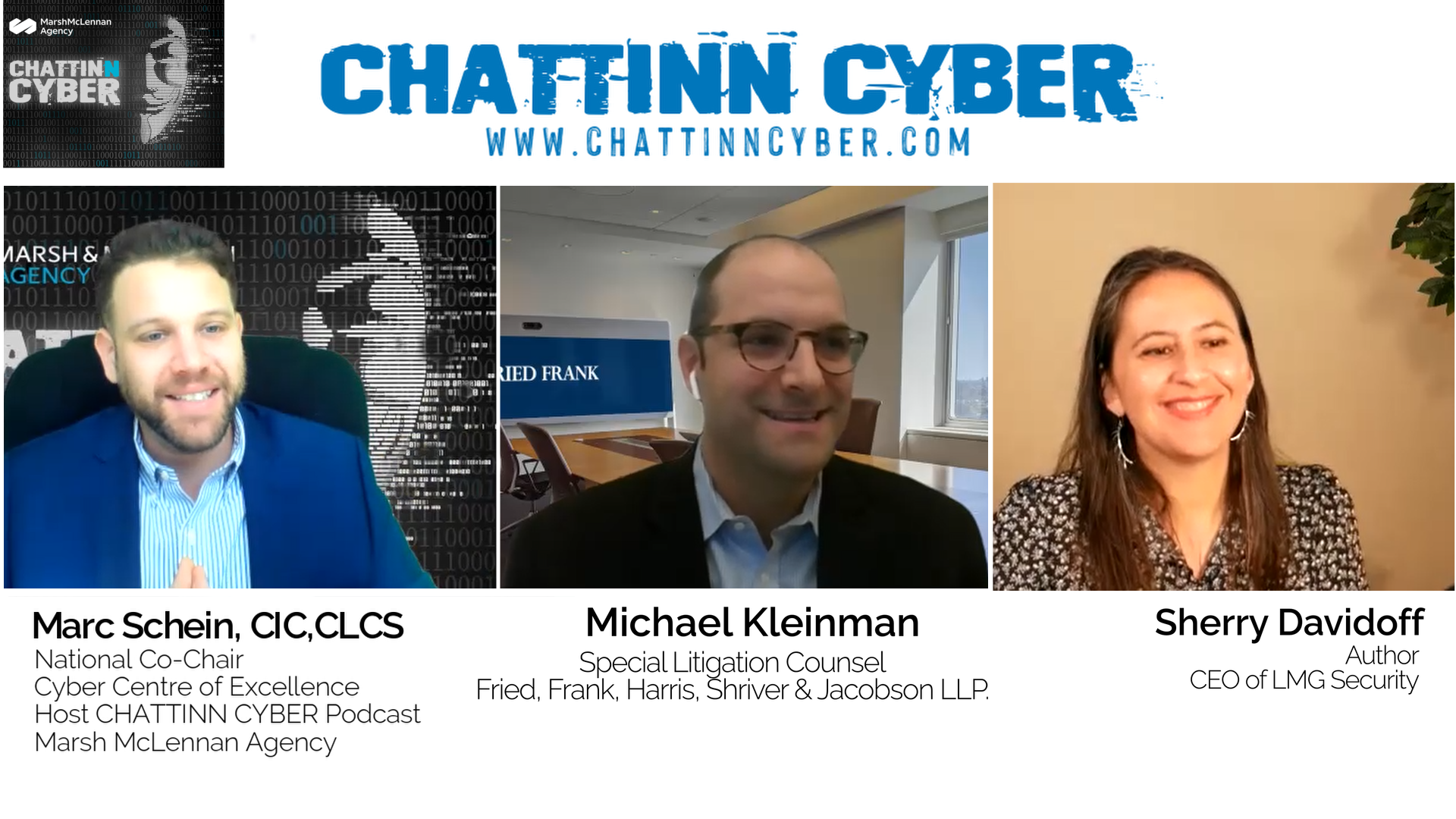Podcast: Play in new window | Download (Duration: 16:03 — 22.0MB)
Subscribe: RSS
In this episode of CHATTINN CYBER, Marc Schein interviews Max Buchan, founder and CEO of Worldr. The conversation gets into cybersecurity for communication platforms, hybrid and in-person communication channels, and the factors that might change the way we communicate in the future.
Max tells us how he got into cybersecurity while growing up in a small town in the United Kingdom (Canterbury), and how he revolutionized communication encryption around the world. He also worked as one of Coinshare’s first employees, which helped him learn about data jurisdictional issues and encryption keys. Max has spent the last three years building his own company, Worldr, and has been offering security for communication platforms through it.
Now, this might make you wonder: why is there a need for a company like Worldr for additional security services when most popular communication platforms have built-in encryption and security? Max explains that his company’s products are not for every other user on the internet, but rather for those who do not want to change their communication platform and want to communicate in a more scalable and secure environment with no third-party inference. Worldr works with large corporations having a significant employee strength who want all of their data to be secure.
Max also shared his thoughts on the best way to communicate in the future, saying that he believes it will be a hybrid style because some people prefer in-person communication while others prefer online communication for time efficiency.
Max also addresses the current challenges that the CISO community is facing, as well as how they approached this application. He stated that the CISO community is currently very small and needs to scale and that people and governments all over the world are taking small but progressive steps in this space. He later mentions the concept of zero trust and how it influences product development.
The conversation winds up with Max discussing the ever-changing and shifting cybersecurity space.
Listen to the conversation for more details!
Highlights:
“We’re not building these products for every single user on these platforms. I mean, these are great products, I believe, you know, for instance, Microsoft Teams, I think is approaching 300 million users, which is an incredible number. I mean, we don’t build these solutions for the broad base, we build them for specific industry verticals that have needs that go a little bit beyond a one-size-fits for certain products.”
“I want to caveat this by saying there are no zero-trust products, right? Because I feel like, you know, you go to one of these conferences, I was lucky enough to speak at InfoSec Europe, a month or whenever it was ago. And I mean, just everyone’s got zero trust everywhere. And you know, it’s an important concept. But it’s not a product And again, it all comes down to essentially, least privileged access and building in controls and governance every step of the way, right into your entire policy outlook.”
Time-Stamps:
[00:42] – How did Max, while growing up in the UK, revolutionize communication encryption in not only the US but abroad?
[02:07] – Why is there an additional need for security in various communication platforms when they are already highly encrypted?
[05:29] – The communication styles of the future
[09:12] – Challenges CISOs are facing today?
[12:10] – What is zero trust?
[13:34] – How cybersecurity space is ever-changing and shifting
[15:11] – How to reach out to Max Buchan
Connect with Max Buchan:
LinkedIn: https://www.linkedin.com/in/maxbuchan/?originalSubdomain=uk
Website: https://worldr.com/


